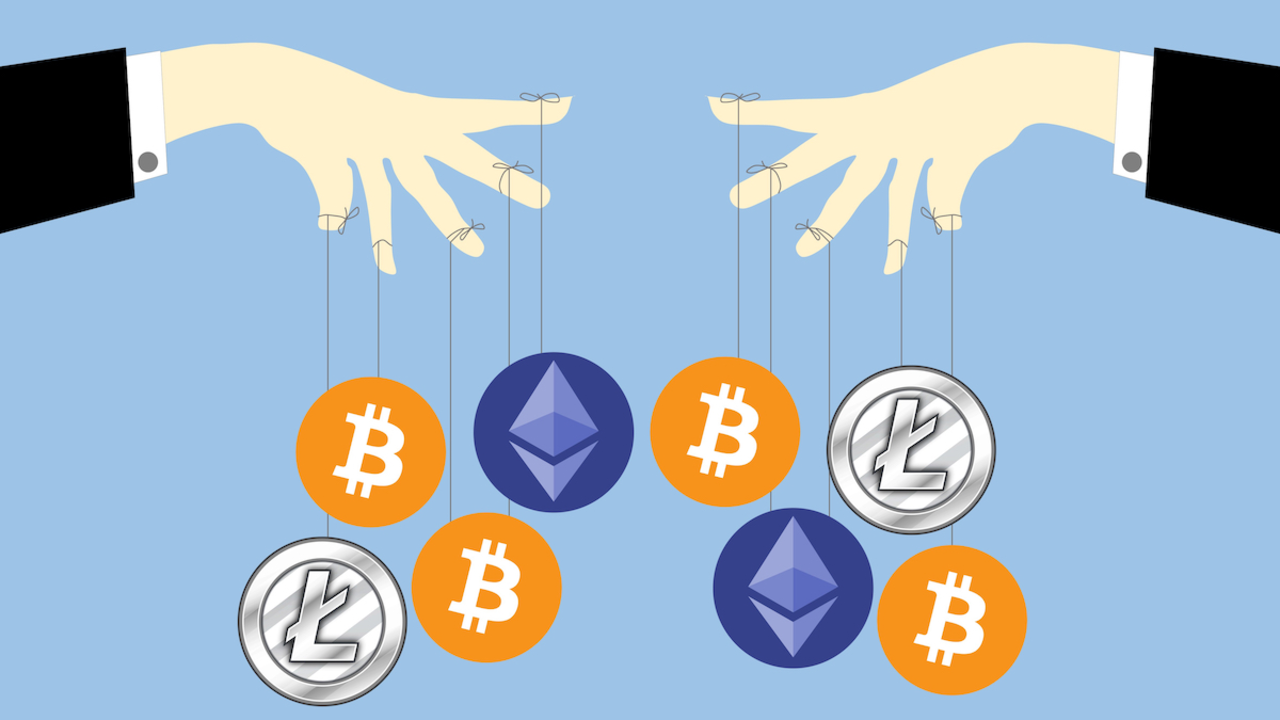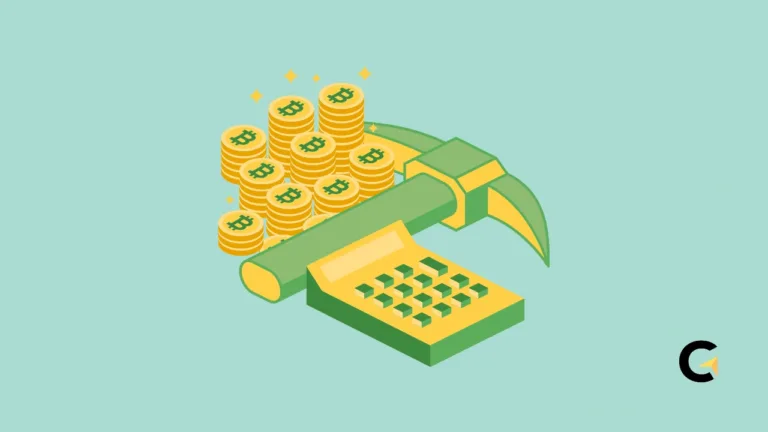7 Crypto Scams and How to Avoid Them
Crypto Scams – As the world of cryptocurrency rapidly grows, the opportunities offered by digital assets also come with equally significant risks—especially in the form of scams.
Many people are drawn to the high profit potential promised by crypto, but unfortunately, this is often exploited by irresponsible individuals to carry out various types of crypto scams.
Scammers are becoming increasingly sophisticated, crafting seemingly legitimate schemes in crypto trading scams and beyond—preying on victims’ ignorance, carelessness, and even emotions to make a profit.
That’s why it’s crucial for anyone involved in the crypto space to understand the common forms of crypto investment fraud and how to protect themselves from falling victim.
Summary Key Takeaways
Show7 Common Crypto Scams and How to Deal With Them

Based on information we quoted from Securities media, in the ever-evolving world of cryptocurrency, various types of scams are becoming more widespread—and often show up in crypto news via TV or social media.
Understanding the most common crypto scams and how to avoid them is an essential step in protecting your digital assets.
Here are some frequent types of crypto fraud along with tips to steer clear of them:
1. ‘Get-Rich-Quick’ Investment Scam
This type of crypto scam promises high returns in a short time with minimal investment.
Scammers often contact victims through social media or email, posing as representatives from reputable investment platforms (when in fact they are conducting crypto trading scams), offering “guaranteed” high-yield investment opportunities.
How to Avoid:
-
Do Thorough Research: Always verify the legitimacy of an investment platform through official sources and user reviews.
-
Be Wary of Unrealistic Promises: If it sounds too good to be true, it probably is.
-
Check Platform Legality: Make sure the platform is registered and regulated by an official financial authority.
2. Phishing Scams
Phishing scams involve attempts to obtain sensitive information like passwords and private keys by impersonating a trusted entity, also known as crypto investment scams.
Scammers send emails or messages containing links to fake websites that mimic legitimate ones.
How to Avoid:
-
Check URLs Carefully: Before entering personal info, make sure the website URL is correct and uses a secure (https) protocol.
-
Avoid Clicking Links from Unknown Sources: Never click suspicious links or download attachments from unknown emails or messages.
-
Enable Two-Factor Authentication (2FA): Add an extra layer of security to your account to prevent unauthorized access.
3. Money Transfer Scams
Scammers convince victims to send a certain amount of money with the promise of receiving a larger sum in return. Crypto scams like this have frequently appeared in crypto news.
Once the money is sent, the scammer disappears without fulfilling the promise.
How to Avoid:
-
Be Skeptical of Big Reward Promises: Be cautious if you’re asked to send money with the promise of a significant return.
-
Verify the Sender’s Identity: Make sure you know and trust the person requesting the transfer.
-
Use Trusted Platforms: Only conduct transactions through reputable platforms with strong security systems.
4. Romance Scams
These scams involve scammers building emotional connections with victims via dating platforms or social media, then asking for financial help or encouraging them to invest in fake schemes.
How to Avoid:
-
Beware of Money Requests from Online Contacts: Never send money to someone you’ve just met online, especially if you’ve never met them in person.
-
Verify Personal Information: Do background checks to confirm the person’s identity and story.
-
Talk to Family or Friends: Before making financial decisions, discuss with someone close to get an outside perspective.
Related Articles:
-
NFT Investment – Important Information for You Before Investing
-
10 Most Popular Crypto Tokens For Alternative Investment 2025
5. ‘Rug Pull’ Scams
In this type of crypto trading scam, the perpetrator claims to be a developer of a promising crypto project, gathers funds from investors, and then vanishes—leaving the token worthless.
How to Avoid:
-
Review the Development Team: Make sure the project is led by reputable and transparent individuals.
-
Check the Project’s Whitepaper: This document should clearly outline the project’s goals, technology, and business plan.
-
Avoid Projects Without Locked Liquidity: Projects without locked liquidity are more vulnerable to rug pulls.
6. Cryptojacking
This type of crypto scam uses malware to infiltrate victims’ devices and harness their computing power to mine cryptocurrencies without their knowledge.
How to Avoid:
-
Install Up-to-Date Security Software: Use reliable antivirus and anti-malware tools that are regularly updated.
-
Avoid Visiting Suspicious Websites: Some sites can automatically run cryptojacking scripts on your device.
-
Monitor Device Performance: If your device slows down or overheats suddenly, check for suspicious activity.
7. ‘Pig Butchering’ Crypto Scam
This scam is a hybrid of romance and investment fraud.
Scammers build long-term relationships with victims, earn their trust, and then convince them to invest in fake schemes.
How to Avoid:
-
Be Wary of Rapidly Intimate Online Relationships: Scammers often try to fast-track trust-building.
-
Don’t Rush Investment Decisions: Take time to research and evaluate any investment opportunity.
-
Consult a Financial Professional: Before investing, seek advice from a licensed financial advisor.
Conclusion: Be Aware and Avoid Crypto Scams

Behind the promising potential of cryptocurrency lies a growing threat of crypto trading scams and other fraudulent tactics that can impact anyone—especially those who are unaware.
Various types of crypto investment fraud—from fake projects to emotional manipulation—are evolving as public interest in digital assets rises.
Scammers exploit ignorance, excessive trust, and lack of education to carry out crypto scams.
Therefore, staying informed through crypto news and maintaining investor vigilance are key to securing your crypto assets.
Always verify information, don’t be tempted by unrealistic promises, and stick to trustworthy and secure platforms to avoid falling victim to crypto scams.
By recognizing common crypto fraud tactics and knowing how to respond, you not only protect your digital wealth, but also contribute to a safer and more sustainable crypto ecosystem for all.
Frequently Asked Questions (FAQs)
What are the most common types of crypto scams?
The most common crypto scams include get-rich-quick investment schemes, phishing scams, money transfer scams, romance scams, rug pulls, cryptojacking, and pig butchering. Each involves different tactics but typically aims to steal funds or sensitive information from victims.
How can I avoid falling for a get-rich-quick crypto scam?
Be skeptical of any investment offering guaranteed high returns with low risk. Always research the platform’s legitimacy, check user reviews, confirm it’s registered with financial authorities, and avoid offers that seem too good to be true.
What is a rug pull in cryptocurrency?
A rug pull is when a fake crypto project collects funds from investors and then the creators disappear, leaving the token worthless. You can avoid this by researching the team behind the project, reading the whitepaper, and ensuring the project has locked liquidity.







